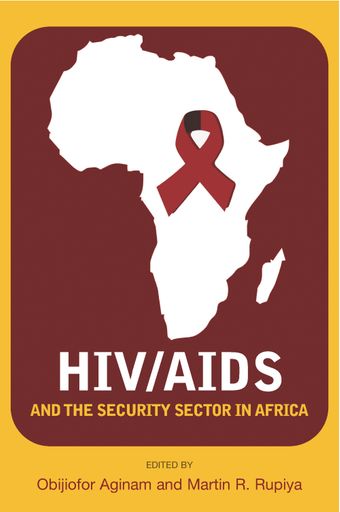Policy, security and outcomes: HIV/AIDS and the Uganda people’s defence forces

- Author: Charles Bakahumura
- Main Title: HIV/AIDS and the Security Sector in Africa , pp 36-44
- Publication Date: January 2013
- DOI: https://doi.org/10.18356/e2e34fed-en
- Language: English
Uganda is one of the sub-Saharan African countries that have grappled with the challenges of HIV/AIDS across multiple sectors of the economy. In the past three decades, following the early HIV/AIDS cases in the 1980s, it gradually became clear to the government of Uganda that HIV/AIDS was not merely a health problem but one that had profound economic, social, political, security and psychological implications. The spread of HIV/AIDS contributed significantly to the rise of poverty levels and the decline in the production of goods and services. It did not take long – within a period of 10 years since the first cases were recorded – for the impact of HIV/AIDS to be felt in many sectors in Uganda. The epidemic implicated human and national security in many complex ways. By the early 1990s, Uganda’s HIV prevalence rate was estimated at 20.2 per cent, which was one of the highest in the world. Unless drastic measures were taken, it would not take long for the epidemic to severely undermine national security, stability and prosperity, and reverse Uganda’s development gains. This is because HIV/AIDS adversely affected key national institutions such as the military, the police and the civil service, and imposed strains on food security, education, health and other vital sectors.
© United Nations
ISBN (PDF):
9789210554183
Book DOI:
https://doi.org/10.18356/5cfc6905-en
Related Subject(s):
Public Health
Sustainable Development Goals:
Countries:
Uganda
-
From This Site
/content/books/9789210554183s006-c002dcterms_title,dcterms_subject,pub_keyword-contentType:Journal -contentType:Contributor -contentType:Concept -contentType:Institution105
/content/books/9789210554183s006-c002
dcterms_title,dcterms_subject,pub_keyword
-contentType:Journal -contentType:Contributor -contentType:Concept -contentType:Institution
10
5

